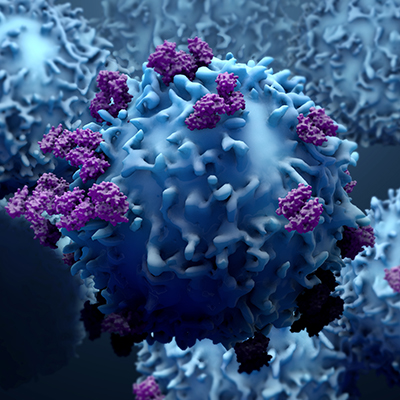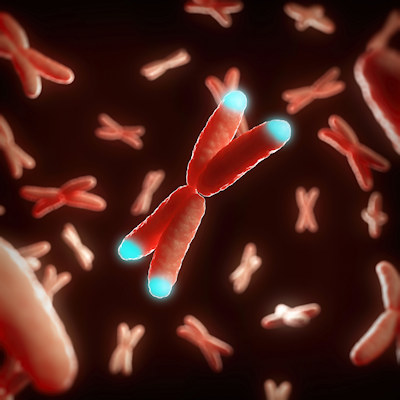July 18, 2022 -- Scientists from the Wistar Institute have revealed a novel adenosine deaminase acting on RNA 1 (ADAR1)-Sirtuin 1 (SIRT1)-p16Ink4a axis in regulating cellular senescence and its potential implications in tissue aging. Understanding how senescence is regulated is important to promote healthy aging and treat age-associated disorders, according to the authors of a research paper published July 18 in Nature Cell Biology.
Their findings focus on a protein called ADAR1, a specialized enzyme involved in RNA editing and now revealed in senescence. Prior studies established that the depletion of a protein called p16Ink4a, whose expression increases during tissue aging and drives senescence, is sufficient to delay age-associated disorders.
Wistar researchers examined the expression of ADAR1 in vitro in human fibroblasts and in vivo in multiple tissues from young and aged mice, and then experimentally altered ADAR1 expression in multiple cell types in petri dish and mouse tissues to establish ADAR1 as a critical regulator of p16Ink4a expression. They discovered that ADAR1 loss promotes p16Ink4a expression through SIRT1, another protein known to regulate both senescence and tissue aging.
"Our study revealed a novel ADAR1-SIRT1-p16 Ink4a axis that plays an important role in cellular senescence at translational level, and this newly defined function of ADAR1 is independent of its RNA editing function," said Xue Hao, PhD, postdoctoral researcher and first author of the paper, in a statement.
Copyright © 2022 scienceboard.net









